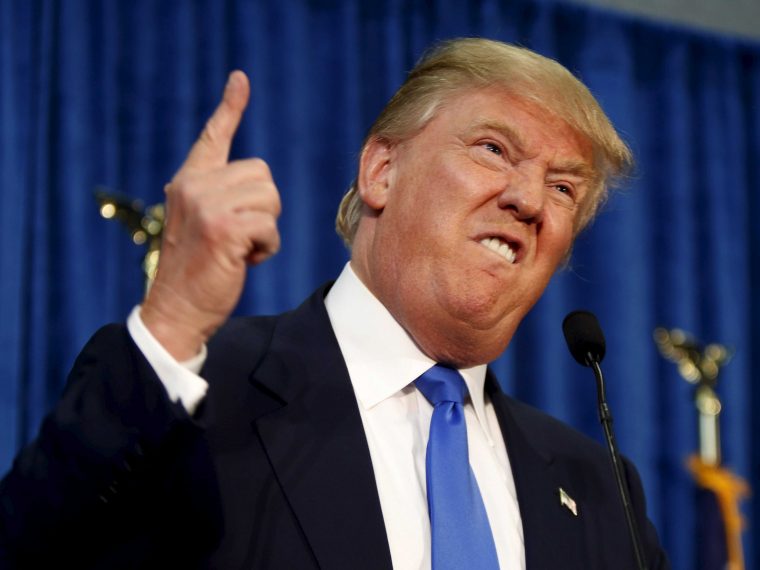The world’s view of US President Donald Trump’s administration is changing for the worse. In fact, the chaos and controversy that have marked Trump’s short time in office have deepened doubts, both inside and outside the United States, about whether his presidency will even survive its entire four-year term.
Europe’s perspective was articulated most clearly by German Chancellor Angela Merkel. After a contentious NATO summit and a discordant G7 meeting, she concluded that the US, under Trump, can no longer be viewed as a reliable partner.
“The times in which we could rely fully on others,” she stated pointedly, “are somewhat over.”
Merkel’s statements were driven partly by disagreement between Trump and Europe on climate change, trade, NATO (particularly Article 5, its collective defense clause, which Trump refused to endorse), and relations with Russia. But disagreement on such issues reflects divisions within Trump’s own administration, raising questions about who, if anybody, is actually in charge.
Consider Trump’s decision to withdraw the US from the Paris climate agreement. The move was advocated by Trump’s chief strategist, Steve Bannon, and his speechwriter, Stephen Miller. But Secretary of State Rex Tillerson, as well as Trump’s daughter, Ivanka, and his son-in-law, Jared Kushner – both of whom are official White House advisers – also may not have supported withdrawal from the accord, despite Tillerson’s public defense of his boss’s decision.
Trade is another internally disputed issue. Bannon opposes the existing order of global openness, as does Peter Navarro, who heads the White House National Trade Council. Secretary of Commerce Wilbur Ross supports open trade, but not without reservation. Similarly, US Trade Representative Robert Lighthizer would prefer bare-knuckle negotiations to disruption, though he is already in a spat with Ross.
On NATO and Russia, Tillerson has echoed Trump in pressuring the Alliance’s European members to increase their defense spending. But he has also taken a harder line on Russia than Trump, calling for a strong and united approach by the US and Europe. While National Security Adviser H.R. McMaster agrees with Tillerson in theory, turf battles between the two posts’ occupants – a time-honored tradition – have already begun.
Such infighting has raised concerns far beyond Europe. As one Latin American foreign minister told me recently, “Apparently everybody is fighting with everybody over everything.” Add to that the investigation into the Trump campaign’s relationship with Russia, as well as the administration’s plummeting approval ratings, and it is easy to understand why some are doubting whether they should bother to engage with Trump at all. Mexico’s President Enrique Peña Nieto has postponed meeting with Trump indefinitely, and other countries, too, are placing ties with the US on hold.
Continued next page
(629 VIEWS)
